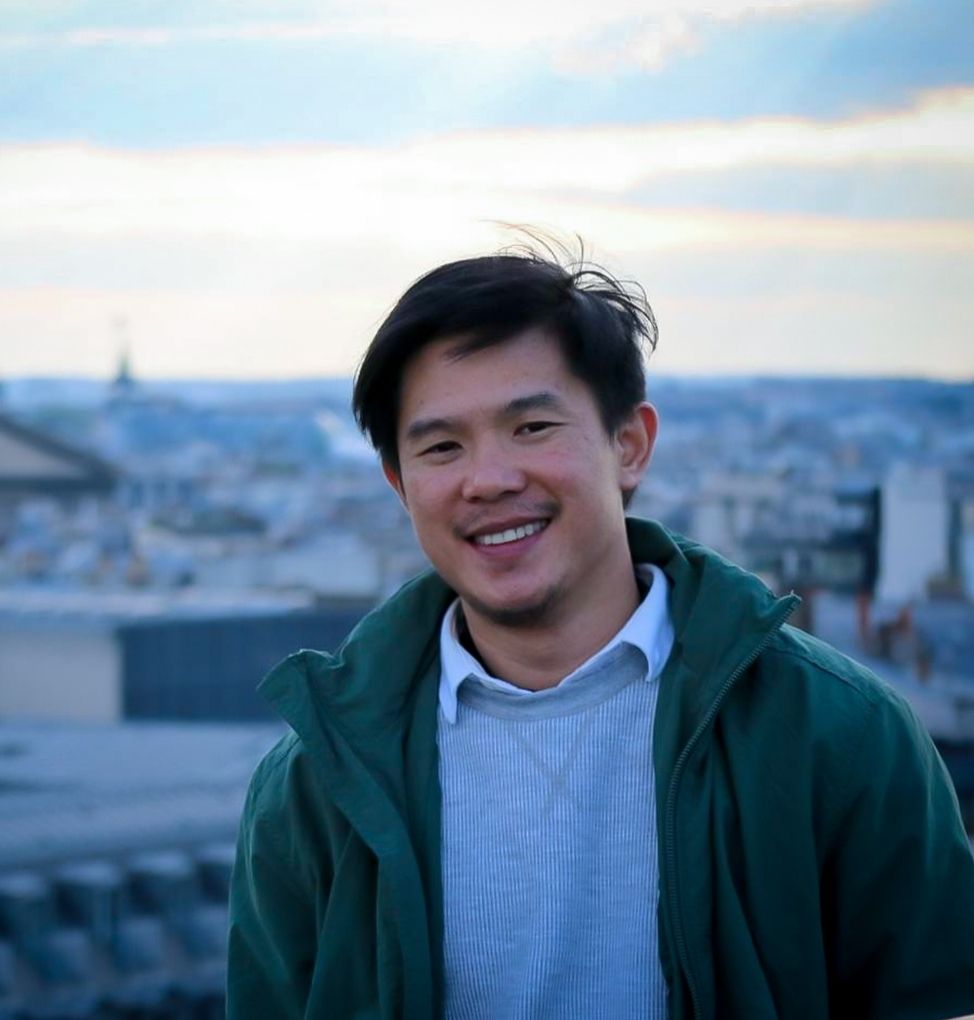Class 21 (2022-2024)

Chone Chaowai (Mu), Thailand
Duke University – Master in International Development Policy
Natural resource governance | Social equity | Field-based education | Community-based tourism | Volunteerism
Traveling – working – volunteering – traveling – working – volunteering – traveling – working – volunteering … a life cycle Chone considered as a successful compromise between the life he wanted to live, social security, and contribution to society ever since he graduated with the bachelor of Political Science (International Affairs) from Thammasat University in Thailand. From working with government agencies, diplomatic mission, NGO, private company, research unit, community-based projects, field-based education, to traveling to over 60 countries* and working with local communities across Thailand, these varied experiences have had a significant impact on how he understands the world from a wider perspective and beyond his own context. They are also key elements for his ability to understand and engage multi-stakeholders in the development projects and helped him overcome self-doubt for lacking professional expertise.
A recent professional role at International Union for Conservation of Nature (IUCN) has involved Chone in policy working groups at different levels. He coordinates the conservation grants provided to civil society organizations in Thailand and Southeast Asia; coordinates the regional network platform for member CSOs to build common understanding and to strengthen collaboration towards addressing pressing development and environment issues in the Mekong Region; and engages private sector in business and biodiversity conservation. During his previous work with UNDP Thailand, he supported different vulnerable groups toward socio-economic recovery from the pandemic crisis. This included promoting economic empowerment, improving access to basic services, and ensuring food security.
By joining MIDP, Chone hopes to sharpen his strategic thinking in order to influence more inclusive environmental governance where marginalized groups, especially indigenous people, have more meaningful participation in resource management under the rights-based approach.
(*Chone offsets his travel carbon footprints by not using a car and not eating meat)